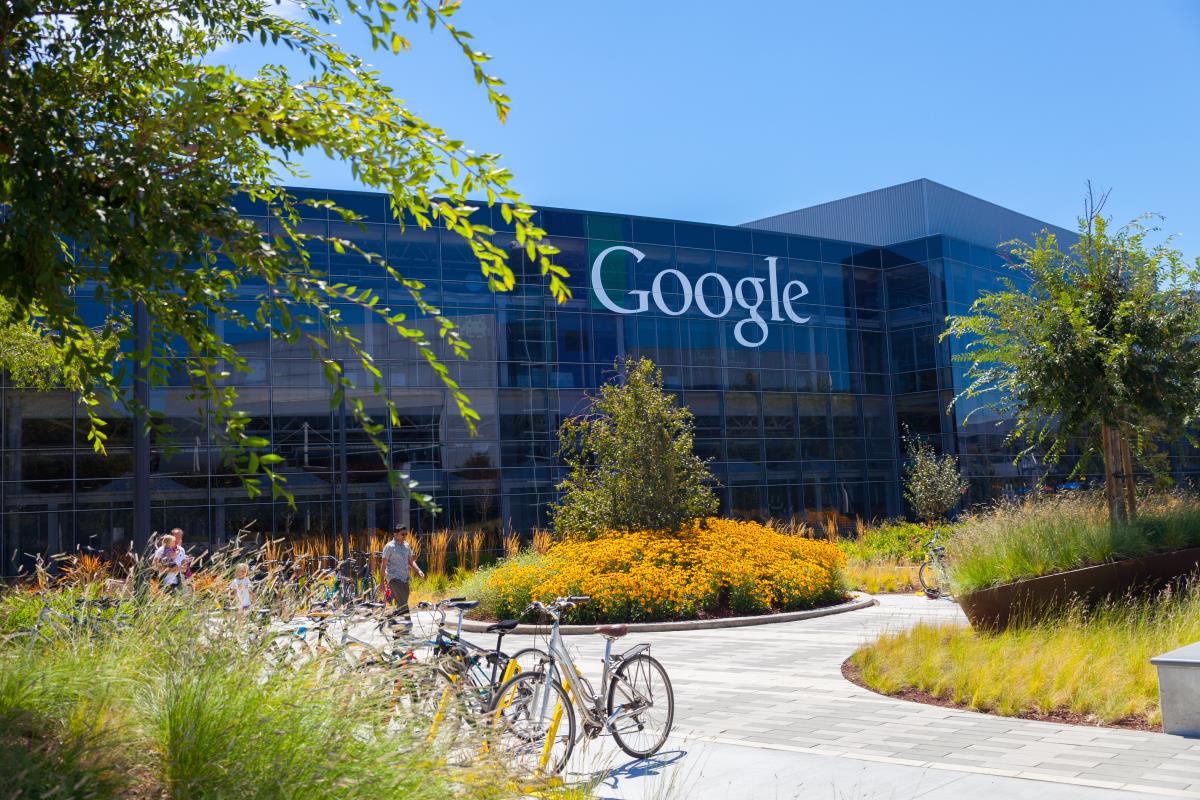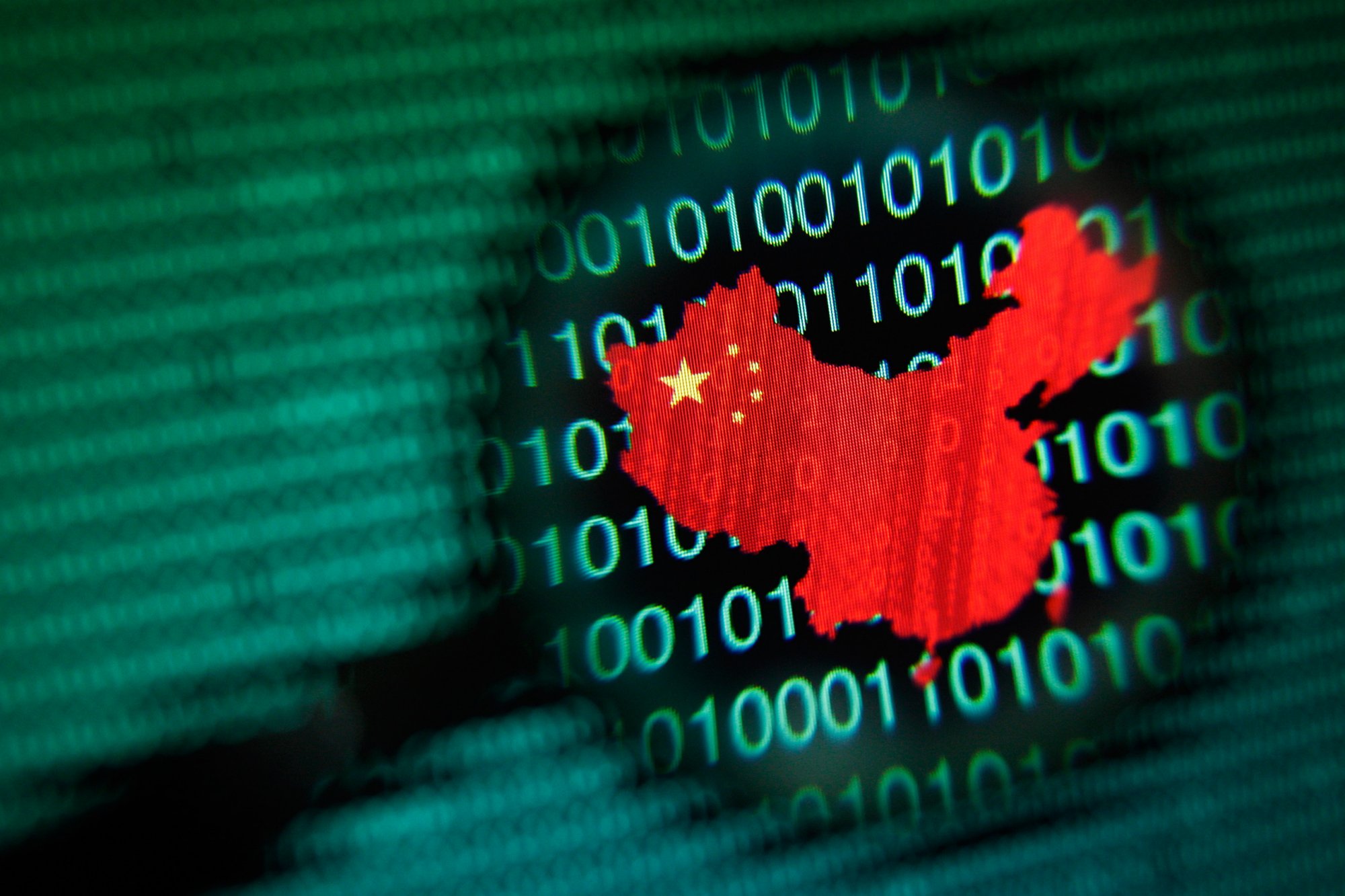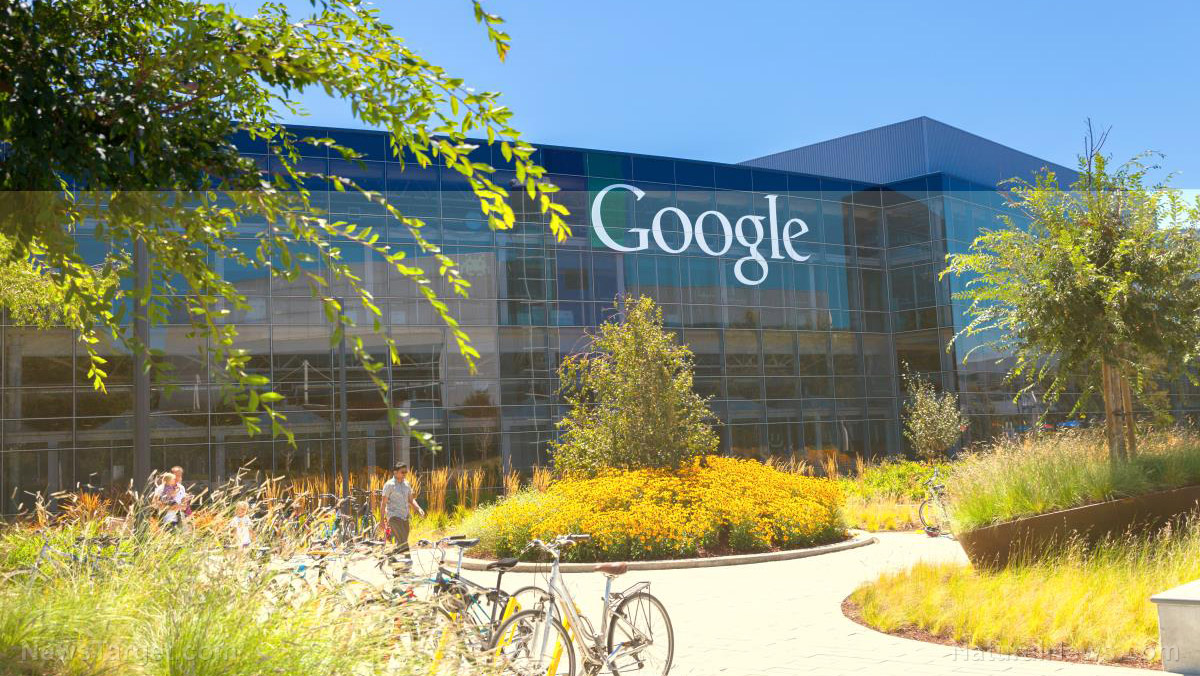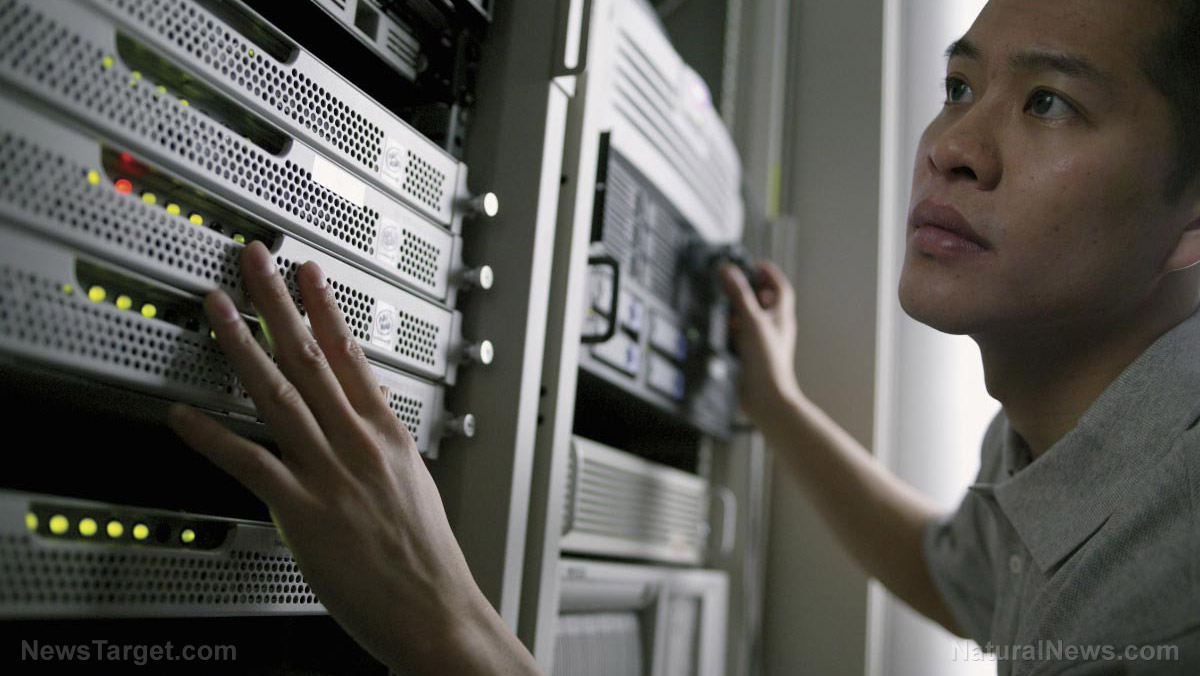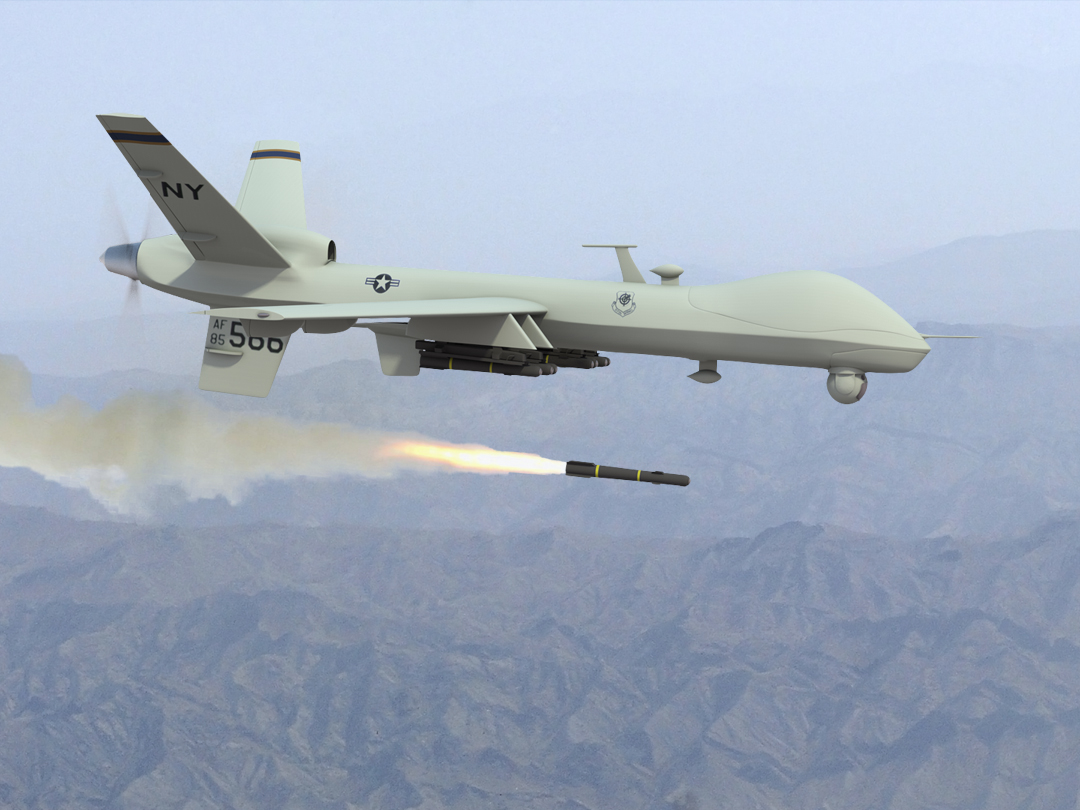The rise of the AI “boss” – who can track productivity and even FIRE you
03/07/2020 / By Franz Walker

As technology marches forward, more and more ways are being found to use automation to replace human labor. Now, it seems that even supervisors and managers aren’t safe. A Boston-based company has developed an AI that can eventually replace the need for office managers.
Developed by a company called Cogito, the AI is designed to micro-manage call center workers. The AI checks to see if workers are talking too fast, lacking in enthusiasm and even not conveying enough empathy. Based on this, the AI can notify workers of their performance in real-time through symbolized prompts like a coffee cup or cartoon heart depending on which metrics the program deems are lacking.
AI bosses are coming
The new AI manager is already in use at the call center of insurance giant MetLife in Warwick, Rhode Island. Here, as representatives talk on the phone, they also keep one eye out on a little blue box on the bottom corner of their screens. Here, representatives receive prompts from the AI based on how they perform. At the end of every call, representatives notifications are tallied and then sent to their supervisors. If an employee hides the AI’s window by minimizing it, it also notifies supervisors.
“There is variability in human performance,” stated Joshua Feast, Cogito’s chief executive. “We can infer from the way people are speaking with each other whether things are going well or not.”
Automation has always been about optimization and efficiency. Cogito however, now sees humanity as something that needs to be optimized. The company, who counts large insurance firms like MetLife and Humana as its clients, is far from the only piece of software out on the market. Online retail giant Amazon also uses complex algorithms that not only track the productivity of workers in its fulfillment centers, but also do the paperwork to fire those who don’t meet their targets. On the other hand, IBM has used its Watson AI platform to predict future performance during employee reviews and claims that it has a 96 percent accuracy rate. Companies like 7-Eleven and Uniqlo are using a system from Percolata that use in-store sensors to calculate a “true productivity” score for each worker, ranking them from most to least productive.
The concept of management by algorithm isn’t new. Early in the 20th century, Fredrick Winslow Taylor came up with his highly influential theory of “scientific management” where individual aspects of jobs done on factory floors were timed and measured to wring out inefficiency. Winslow’s work was instrumental in the development of industrial engineering, and his book The Principles of Scientific Management was voted the most influential management book of the 20th century by the Academy of Management.
Automation is a threat to jobs
As companies continue to embrace AI and automation, many are beginning to worry about their negative effects on employment. Already studies are predicting that half of all jobs will be gone in two decades time.
For their part, people are beginning to fight back against automation and AI bosses. Delivery workers for companies like DoorDash and PostMates have protested the use of an algorithm for determining their pay earlier this year. Meanwhile, unionized workers at Amazon have railed against the company’s use of AI to fire employees.
“It is surreal to think that any company could fire their own workers without any human involvement,” stated Marc Perrone, president of United Food and Commercial Workers International Union, which represents food and retail workers. Amazon has since claimed that it doesn’t fire workers without human input and clarified that human managers can still intervene in the process.
Sources include:
Tagged Under: AI boss, Amazon, artificial intelligence, automation, badtech, cogito, computing, employees, future tech, Glitch, information tech, machine learning, managers, metlife, Orwellian, robot jobs, robot managers, robot takeover, robotics, robots, supervisors, surveillance, workers
RECENT NEWS & ARTICLES
COPYRIGHT © 2017 PRIVACY WATCH NEWS




